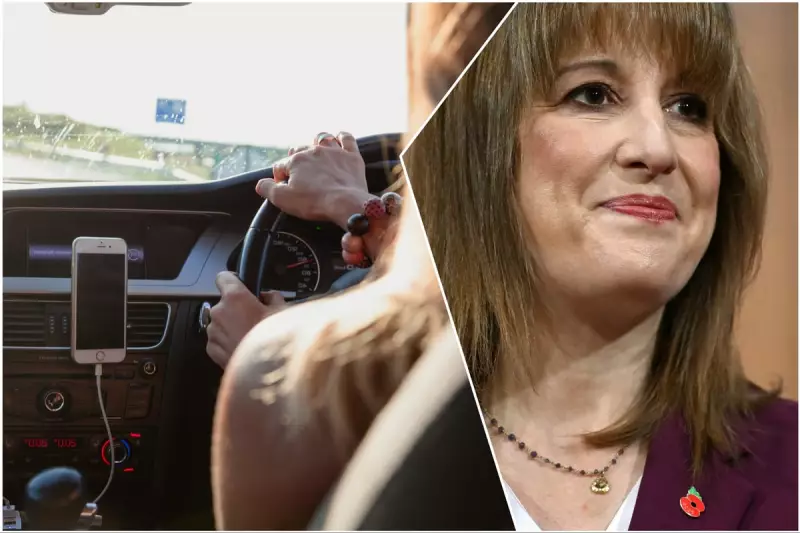
The way British drivers pay to use the roads could be set for its biggest shake-up in decades, as Labour considers introducing a controversial pay-per-mile taxation system.
With the rise of electric vehicles threatening Treasury revenues from fuel duty, Shadow Chancellor Rachel Reeves is reportedly exploring radical alternatives to the current road tax system.
Why the Current System Is Under Threat
The existing vehicle tax structure faces a perfect storm of challenges. As more drivers switch to electric vehicles, the government's income from fuel duty is projected to plummet dramatically. This creates a multi-billion pound black hole in public finances that needs addressing.
Traditional petrol and diesel vehicles currently contribute significantly through fuel duty, but EVs bypass this system entirely while still using the same road infrastructure.
How Pay-Per-Mile Would Work
The proposed system would fundamentally change how drivers are charged. Instead of fixed vehicle excise duty or fuel taxes, motorists would pay based on the actual distance they travel.
This could involve:
- Tracking devices in vehicles monitoring mileage
- Potential different rates for various road types
- Time-based charging for congestion zones
- Variable rates depending on vehicle emissions
The Political Battle Ahead
Any move toward road pricing is likely to face significant opposition. Critics argue it could unfairly penalise rural drivers who have fewer transport alternatives and inherently need to travel longer distances.
There are also concerns about privacy implications of tracking systems and whether the technology can be implemented fairly across different regions and vehicle types.
However, supporters contend that a modernised system is inevitable as the shift toward electric vehicles accelerates. They argue that pay-per-mile could be designed to be revenue-neutral for many drivers while ensuring all road users contribute fairly to maintaining infrastructure.
The debate is set to intensify as the government seeks solutions to the looming funding crisis, with all eyes on how Labour might implement one of the most significant changes to motoring taxation in generations.





